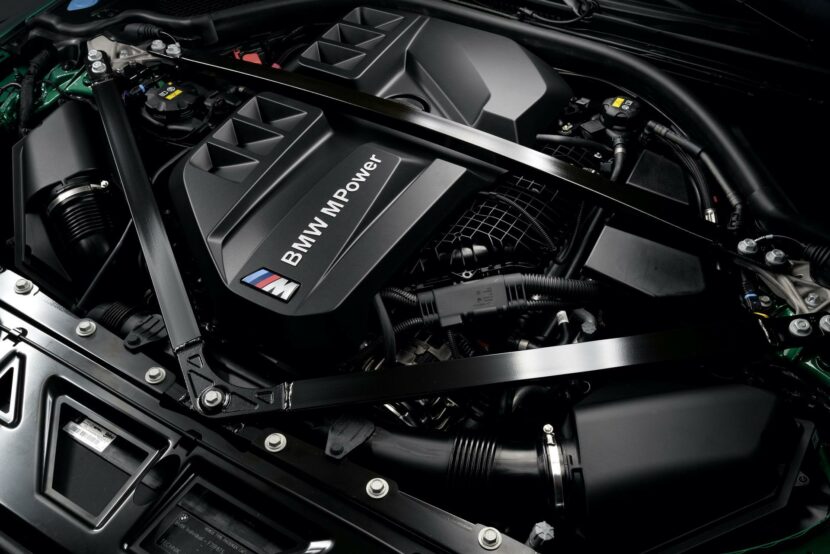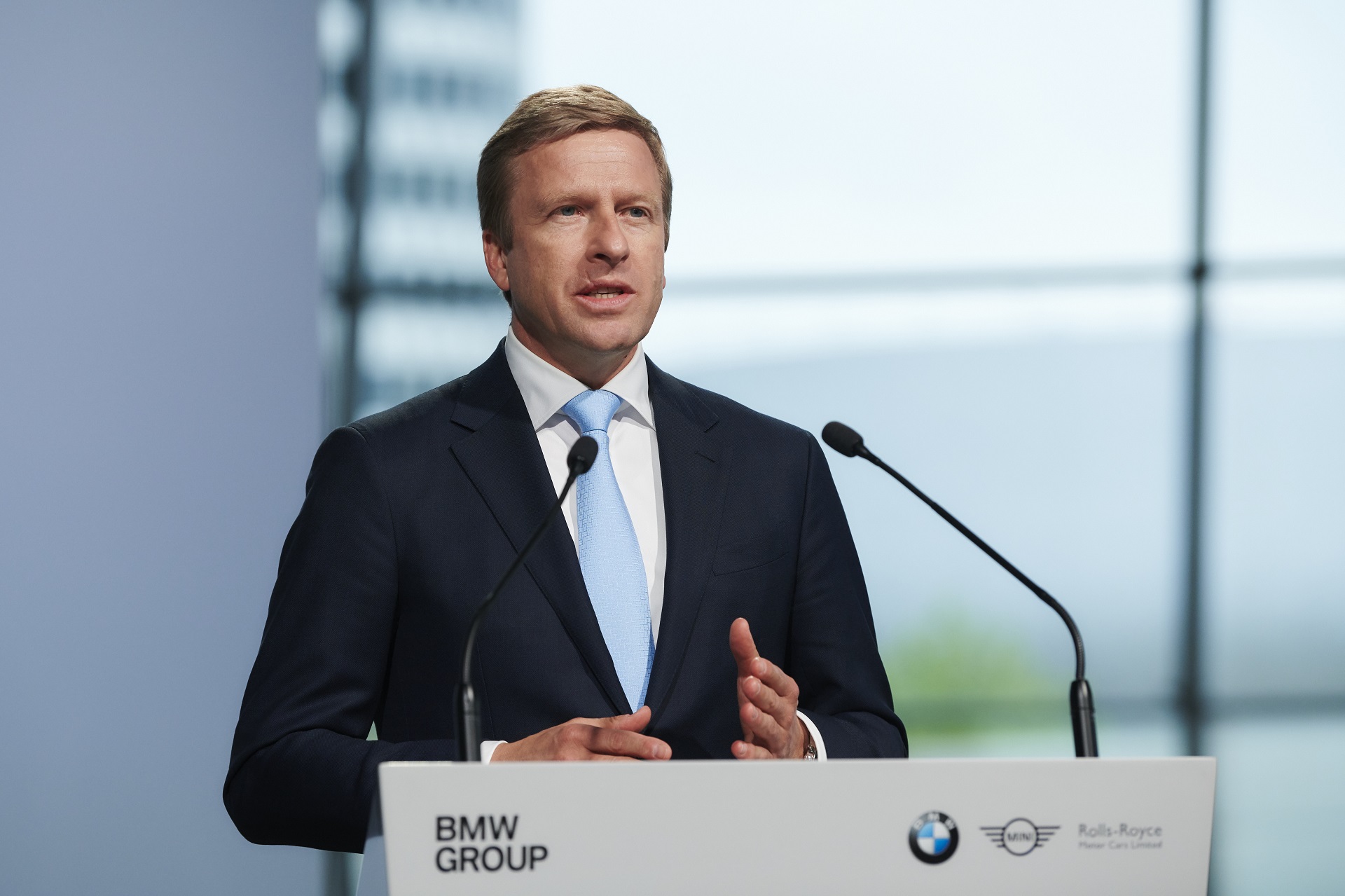Even though the Bavarians are pressing ahead with electrification, they are not giving up on internal combustion engines. The V12 is going away, but new six- and eight-cylinder gasoline and diesel powertrains are coming. Automobilewoche, the German side of Automotive News, cites BMW boss Oliver Zipse saying it’s premature to discontinue ICEs.
The disclosure was made during a private meeting with the Christian Social Union (CSU) political party group in the Bundestag. The BMW boss warned a potential sales ban on new cars powered by conventional engines would hurt the automotive industry. The reasoning behind his message is logical, at least if we’re looking at current sales numbers:
“The largest market segment in absolute terms by a wide margin in Germany, but also in Europe and worldwide, is the internal combustion engine. Before you simply shut something like that down within eight or ten years, you have to know well what you’re doing. If you try to ban this technology in Germany and Europe, but the world market is not even that far, you will also lose this technology in the world market”.

BMW Boss Oliver Zipse Claims The ICE Still Has An Important Role
“It would be harmful to simply give up a technology in which you have a global market position without need”. “I don’t think that would help the climate or anyone else”. Unlike BMW, other automakers have announced plans to end sales of ICE-powered cars in Europe by 2030 or earlier. These include Jaguar, Volvo, Bentley, Ford, Renault, Peugeot, Alfa Romeo, Opel/Vauxhall, Fiat, Lancia, and others.
Mercedes has pledged to sell only zero-emissions cars in Europe as early as 2030, but only where “market conditions allow”. Archrival Audi will globally bid adieu to piston engines in 2032, but sales could continue in China. Hyundai and Kia have also set a cutoff date for the ICE on the Old Continent. However, the switch to EVs won’t take place until 2035.
If a proposal made by the European Commission will be voted favorably, all automakers active in Europe won’t be able to sell fossil fuel cars from 2035.
[Source: Automobilewoche]





































































